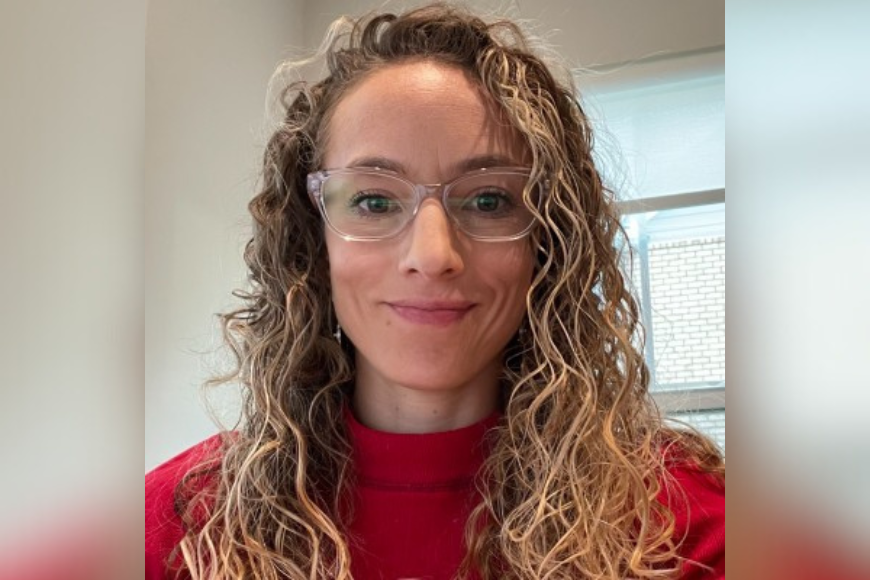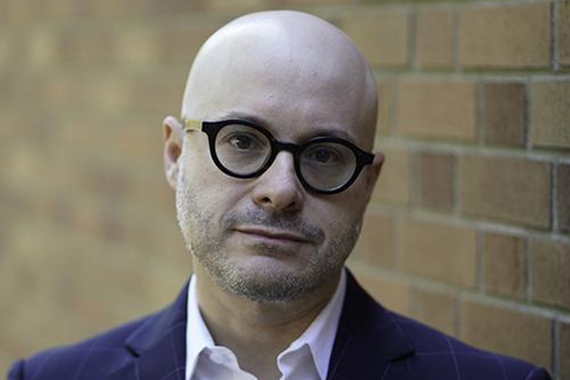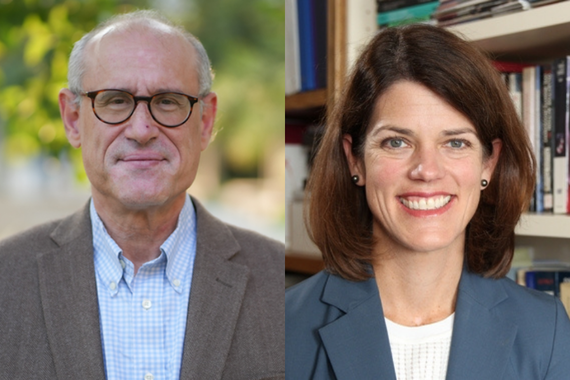Various Interests Piqued, Many Skills Learned: A Holistic Experience
Finding the right program
When considering graduate school, Paula Armendáriz sought out programs that had people interested in studying political behavior, in particular political psychology. Additionally, she wanted to study Latin America and gain exposure to different kinds of methods, especially survey research, to help prepare her for any post-graduate career. The political science program at the University of Minnesota - Twin Cities is well-known for both political psychology and survey research, and has faculty interested in Latin American politics, making Minnesota an excellent fit for Paula.
While in the political science program, Paula's fields of focus were comparative politics and methodology, with a minor in political psychology. Most of her classes on the comparative side centered around democracy and institutions in Latin America. For methodology, her studies were more vast—she took classes on time series models, survey analysis, and survey research. Paula worked with her advisor, Professor David Samuels, as a research assistant on various projects about democracy & inequality, the quality of democracy around the world, and partisanship in Europe & Latin America. She also had the opportunity to work as a managing editor for Comparative Political Studies, for which Professor Samuels served as a co-editor.
"I think the department made a great fit from the beginning with him," Paula reflected. "I had the best mentor ever. If anything, I wish I could have had more time with him. I wish I could have learned more from him."
Prepared for post-graduate life
In 2022, Paula earned her PhD and began her career in the private sector. She is currently a Senior Project Director at SSRS, a survey-research company conducting market-based research in areas such as political & election polling, health care & health policy, consumer & lifestyle, and sports & entertainment. Paula's team works on public health & policy, with 80-90% of their projects based in the United States. Many of their projects center around access to health care, experiences with health care, and health care inequality, as well as access to justice and experiences with courts.
As a Senior Project Director, Paula is responsible for managing and overseeing projects with various clients from the start until they are handed over to the client. A lot of her work is data-driven, ensuring that the data is high-quality and they are delivering results they are confident are accurate for their client to publish. Most of Paula's work also happens on the back-end, unseen beyond the publications, including the questionnaire design and ensuring questions are not biased or leading.
When reflecting on how her time in the political science graduate program prepared Paula for her career, she said "90% of [her] skills in survey research come from the U." Such skills as data manipulation and her ability to learn a program quickly are thanks to the methods tools and skills Paula learned from her professors. Additionally, the department sponsored Paula's participation in a summer program at the University of Michigan so she could gain certification in methods of survey sampling and data collection methods. The experience profoundly helped Paula in her future career, as she was able to take more specialized courses on questionnaire design, analysis of survey data, sampling, and weighing survey data.
Nonetheless, to Paula "it's not about one specific topic or one specific skill, it's about how they prepare you as a whole." When Paula was nearing the end of her time in the program, the department began to take more considerations in preparing students for non-academic careers. One way of doing this was an internship program, in which Paula participated. There were also workshops on how to craft your CV or resume, depending on the job you were applying to, and graduate alumni working in the private sector were brought in to discuss their experiences.
Moving from the academic to non-academic track is not typically easy, but Paula found the ways in which the program prepared students as a professional, above and beyond as a scholar, helpful to her future career. "It made the transition of going from academic to the research private sector really smooth because they prepare you in a holistic way," she reflected. "You come out as a very well-prepared professional and you can apply your skills in whatever area you decide."


